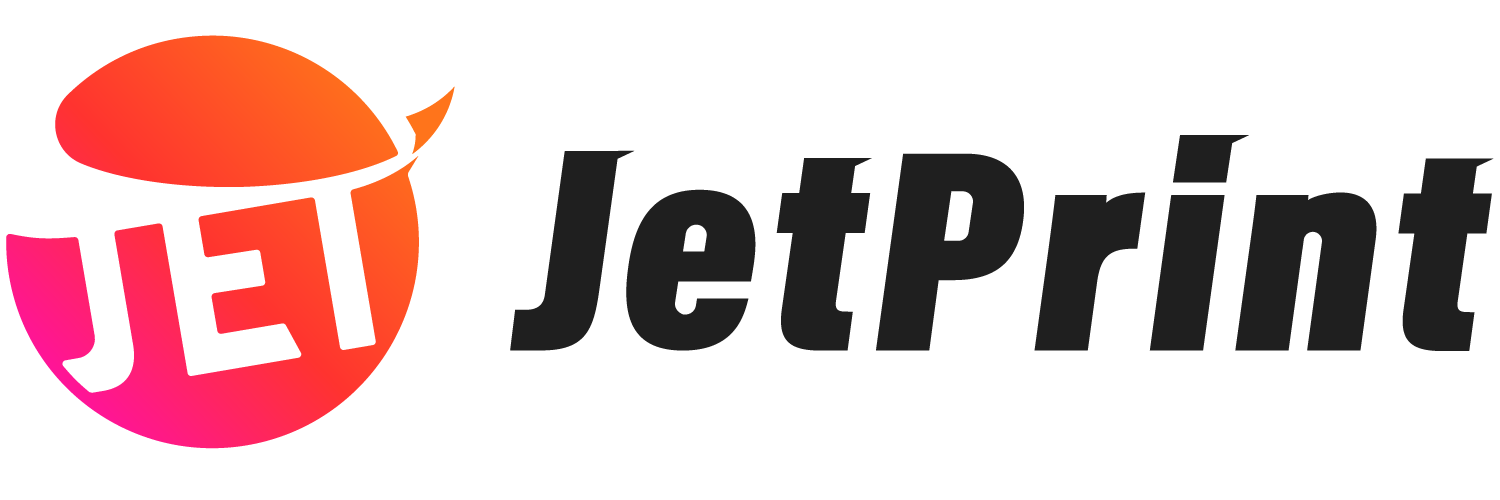Introduce
Shopify

Shopify is an e-commerce platform that enables businesses to create and manage their online stores flexibly. It offers a wide range of apps and features, allowing users to customize their store style and providing multiple themes. Shopify helps you establish your own website and a unique brand image.
Etsy

Etsy is an e-commerce marketplace primarily focused on trading handmade, vintage, and unique products. It has a distinctive market atmosphere that directly connects artisans and craftsmen with consumers seeking one-of-a-kind items. Sellers on Etsy can create their own online store to display and sell their products.
Fees
Shopify fees

Shopify operates on a subscription-based model, offering three plans: Standard ($39 per month with a transaction fee of 2.9% + $0.30), Shopify ($105 per month with a transaction fee of 2.6% + $0.30), and Advanced ($399 per month with a transaction fee of 2.4% + $0.30). You can enjoy a discount of $1 per month for the first three months, after which you will be charged according to the original plan.
Etsy fees
Etsy charges a listing fee of $0.20 per product and a transaction fee of 6.5% of the order total. Some regions may incur additional taxes and fees, such as in Australia. If you subscribe to Etsy Plus, an additional $10 per month will apply.
We will use a straightforward method to calculate the cost of an order at transaction volumes of $100 and $2,000.
P.S. We are excluding third-party fees like domain name fees and shipping fees, and our calculation is based on a single product listed here.
Shopify
$100
Standard: $39+$100*2.9%+0.3=$42.2
Shopify: $105+$100*2.6%+0.3=$107.9
Advanced: $399+$100*2.4%+0.3=$401.7
$2000
Standard: $39+$2000*2.9%+0.3=$97.3
Shopify: $105+$2000*2.6%+0.3=$157.3
Advanced: $399+$2000*2.4%+0.3=$447.3
Etsy
$100
Basic: $0.2+$100*6.5%=$6.7
Plus: $10+$0.2+$100*6.5%=$16.7
$2000
Basic: $0.2+$2000*6.5%=$130.2
Plus: $10+$0.2+$2000*6.5%=$140.2
Design store
Shopify

Shopify offers a user-friendly interface with customizable themes and templates. Users can effortlessly create visually appealing storefronts without requiring extensive coding knowledge. The platform also supports third-party themes, providing additional flexibility, and each store style is unique.
Etsy

Etsy is focused on simplicity and uniformity. While customization options are more limited compared to Shopify, you can add only promotional images based on fixed placements provided by Etsy. The platform ensures a consistent look across all stores, creating a uniform shopping experience for customers.
Customer support
Shopify

Shopify provides 24/7 customer support through various channels, including live chat, email, and phone. The platform is renowned for its responsive and helpful support team, ensuring a top-notch customer service experience.
Etsy
While Etsy also offers customer support, it may not be as comprehensive as Shopify’s. Sellers often turn to community forums and resources for assistance, although there is an option to contact the support team via email, typically receiving a response within 48 hours.
Traffic source
Shopify
Shopify doesn’t have its own organic traffic sources but allows integration with various marketing channels and tools, including Google, Facebook, and TikTok. This provides merchants with the flexibility to leverage social media, search engine optimization (SEO), and other strategies to diversify their traffic sources.
Etsy
Etsy operates as a seller market where users search for the products they want, akin to a supermarket. While you can enhance your store’s exposure through Etsy SEO and Etsy Ads, directing external traffic directly to your Etsy shop can pose challenges.
Sell products
Shopify
Shopify can accommodate a wide range of products, making it suitable for businesses offering diverse goods. Whether you sell physical products, digital items, or services, Shopify provides the flexibility and effectiveness to showcase your offerings.
Etsy
Etsy is best suited for those in the handmade, vintage, or craft niche. Etsy strictly stipulates that items sold on the platform must fall into these categories. If you’re using a print-on-demand company‘s product, you’ll need to set up a build partner for that specific product.
Advertisement
Shopify

Shopify enables you to promote your store through a wide range of marketing channels, including Google Ads, Facebook, TikTok, and other social media platforms. Additionally, you can send complimentary product discounts to your customers using the email features provided by the Shopify store manager.

Etsy
Etsy also supports the promotion of your shop on various social media platforms; however, it does not allow the use of Google Ads for promoting your Etsy shop. Nevertheless, you have the option to upload Etsy products to Google Shopping.

Conclusion
In the Shopify vs. Etsy debate, there’s no one-size-fits-all answer. Consider your characteristics and preferences when choosing the e-commerce platform that best suits your needs.
Shopify
- I want to build my own brand.
- Expecting a high volume of orders within a month.
- Possess strong marketing abilities.
- Enjoy personalization.
Etsy
- Engaged in handmade product creation.
- Have strong creative abilities.
- Operate with relatively limited funds.
- Lack extensive marketing experience.
- Prefer not to explore extensively.


0 Comments